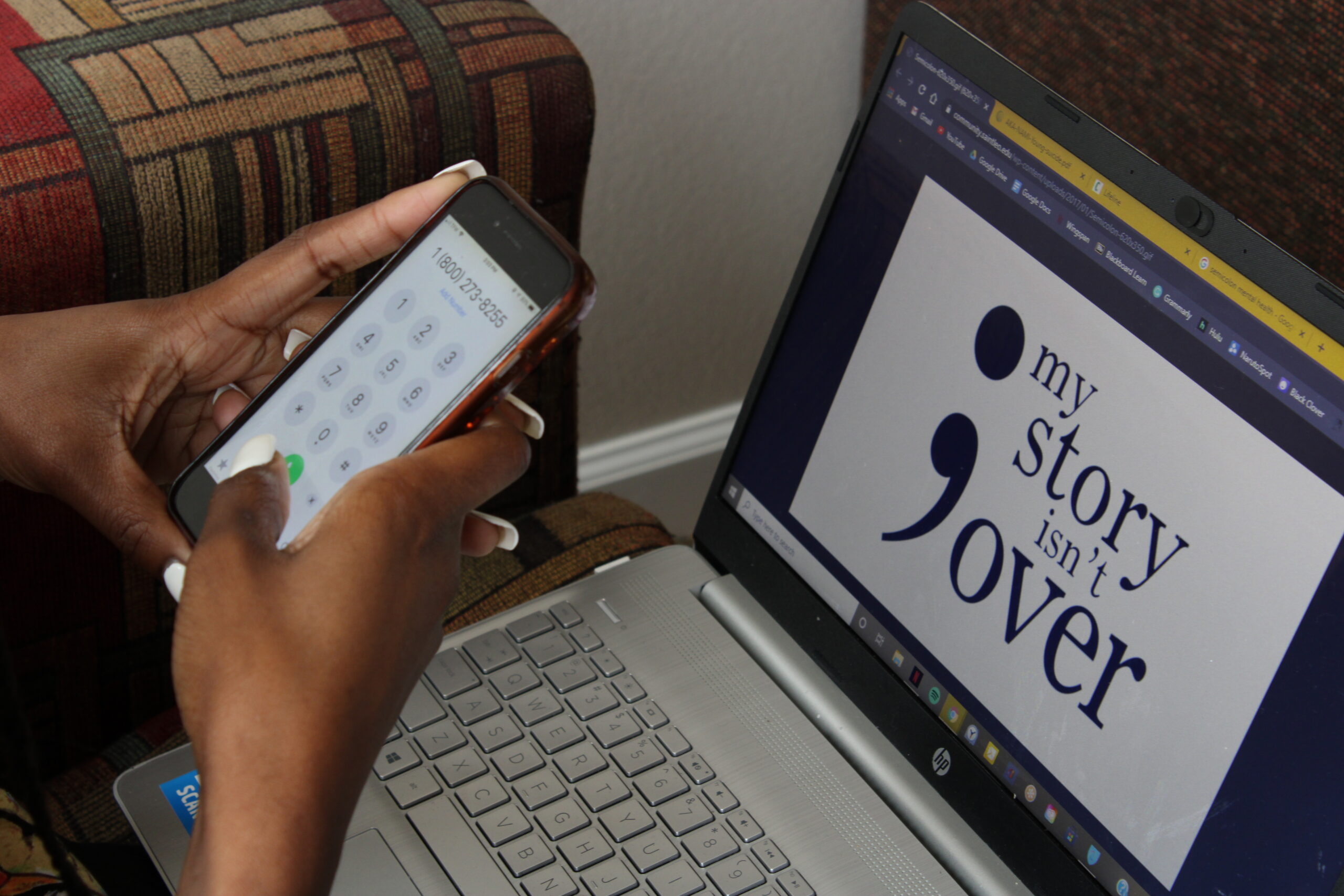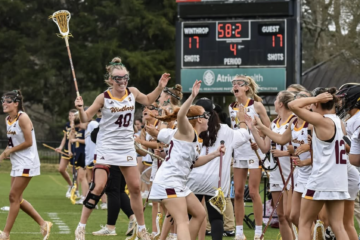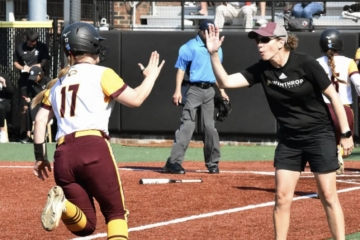In recognition of September being National Suicide Prevention Awareness Month, the Winthrop University Student-Athlete Advisory Committee hosted a virtual town hall on Sept. 23 featuring the Hilinski’s Hope Foundation.
Hilinski’s Hope was founded by Mark and Kym Hilinski in 2018 after their son Tyler, a quarterback at Washington State University, died by suicide. The goal of the organization is to eliminate the stigma surrounding mental illness and promote awareness and education of mental health among student-athletes.
“We think if this can happen to Tyler, it really can happen to anybody,” Mark Hilinski said. “That’s sort of a scary thought and it’s not meant to worry you or make you uncomfortable, but rather just open your eyes and mind a little bit.”
The Hilinskis described Tyler as happy and kind and noted that he did not show any obvious warning signs of being depressed or having suicidal thoughts.
“It paints a picture of many people you see in your sports – folks that you’re very close to, teammates maybe that you don’t know so well, teammates in others sports, perhaps coaches – and you can’t always take on face value that they’re happy and they’re excited and they’re funny [because] you may not understand what’s going on underneath,” Mark Hilinski said.
The Hilinskis discussed the importance of counseling but pointed out that those who are struggling aren’t always capable of asking for help. Mark Hilinski said that Tyler frequently drove a friend (who had lost his mother to cancer) to counseling in college, but never sought counseling for himself.
“I’m tempted to say the same thing – ‘shame on Tyler for not asking,’” he said. “But guys, if it’s your brain that’s making the mistakes, if it’s your thought process that’s interrupted or chemically imbalanced… we can’t just accept that the person who needs the help is capable of asking for it.”
Dr. Gretchen Baldwin, Clinical Coordinator for Winthrop Counseling Services, also spoke during the town hall. Baldwin provided information on how to sign up for counseling at Winthrop and answered questions about the counseling process.
Baldwin said that due to COVID-19, walk-in appointments were no longer permitted. Counseling is only being offered virtually at this time, and students must schedule an appointment through the “Patient Portal” link found on the Health and Counseling Services website.
According to Kym Hilinski, the Hilinski’s Hope Foundation works closely with two programs: Step Up (a peer-to-peer bystander intervention program) and Behind Happy Faces (a mental health curriculum). She said the foundation also started a podcast during quarantine called “UNIT3D,” which is hosted by sports psychologist Dr. Josie Nicholson of Ole Miss and can be found on Spotify, iTunes and SoundCloud.
Hilinski’s Hope has also arranged for this coming week to be the inaugural College Football Mental Health Awareness Week, kicking off on Saturday Oct. 3, or “3Day.” Schools around the country, including Clemson University and the University of South Carolina (where Tyler’s brother Ryan plays), are set to participate by wearing stickers on their football helmets and raising three fingers in the air during the first play of the third quarter of their respective games.
You can learn more about Tyler’s story and Hilinski’s Hope at www.hilinskishope.org and follow the organization on social media @hilinskishope. Winthrop students can find more information about counseling services at www.winthrop.edu/hcs/. The national suicide prevention hotline is 800-273-8255.
Photo by Marisa Fields-Williams




